Assessment 101: An Inside Look at Evaluations

 We receive lots of questions from parents about evaluations: Does my child need one? Or should we just start treatment? An evaluation by a psychologist or a multidisciplinary team can be a valuable tool in understanding your child’s strengths and weaknesses and provide a roadmap for next steps. It can reveal whether what seems like distraction, laziness or reluctance could actually be a sign of mental health or learning challenges. Read more ›
We receive lots of questions from parents about evaluations: Does my child need one? Or should we just start treatment? An evaluation by a psychologist or a multidisciplinary team can be a valuable tool in understanding your child’s strengths and weaknesses and provide a roadmap for next steps. It can reveal whether what seems like distraction, laziness or reluctance could actually be a sign of mental health or learning challenges. Read more ›


 Simple interactions between you and your children help build children’s brains foundation for all future learning.
Simple interactions between you and your children help build children’s brains foundation for all future learning. 
 If your child has a developmental, learning, or behavioral problem, a developmental-behavioral pediatrician has the training and expertise to evaluate and care for your child. Developmental-behavioral pediatricians possess training and experience to consider, in their assessments and treatments, the medical and psychosocial aspects of children’s and adolescents’ developmental and behavioral problems.
If your child has a developmental, learning, or behavioral problem, a developmental-behavioral pediatrician has the training and expertise to evaluate and care for your child. Developmental-behavioral pediatricians possess training and experience to consider, in their assessments and treatments, the medical and psychosocial aspects of children’s and adolescents’ developmental and behavioral problems. 
 For students with learning differences, the shifts from online learning to hybrid to in-person (and back) have made a part of their life that is already challenging exceedingly more difficult. In this Voices of Compassion podcast episode, we sat down with
For students with learning differences, the shifts from online learning to hybrid to in-person (and back) have made a part of their life that is already challenging exceedingly more difficult. In this Voices of Compassion podcast episode, we sat down with 
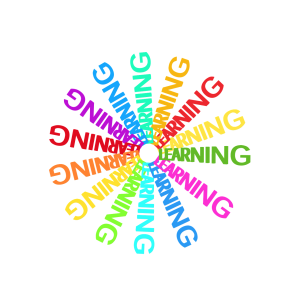 There are many tools and strategies that can help with organization, attention, focus, planning, and prioritization. The following are some tools our learning specialists love and use at the
There are many tools and strategies that can help with organization, attention, focus, planning, and prioritization. The following are some tools our learning specialists love and use at the 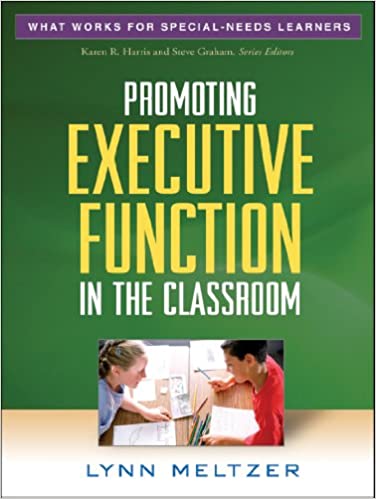
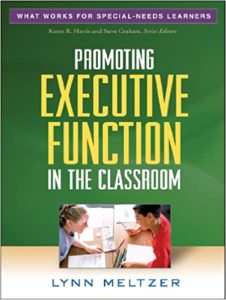 This book helps teachers incorporate executive function processes—such as planning, organizing, prioritizing, and self-checking—into the classroom curriculum. Chapters provide effective strategies for optimizing what K–12 students learn by improving how they learn.
This book helps teachers incorporate executive function processes—such as planning, organizing, prioritizing, and self-checking—into the classroom curriculum. Chapters provide effective strategies for optimizing what K–12 students learn by improving how they learn. 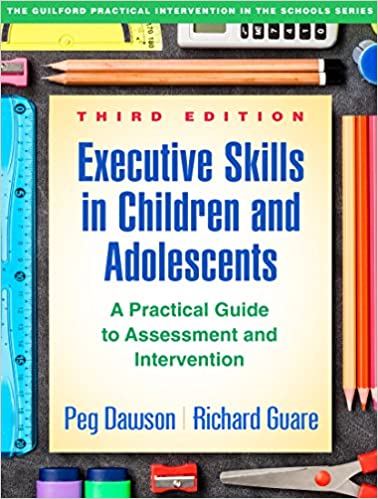
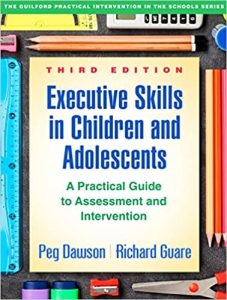 More than 100,000 school practitioners and teachers (K–12) have benefited from the step-by-step guidelines and practical tools in this go-to resource.
More than 100,000 school practitioners and teachers (K–12) have benefited from the step-by-step guidelines and practical tools in this go-to resource. 
 Almost all students struggle at one time or another with focus, paying attention, organizing, prioritizing, and completing projects or papers.
Almost all students struggle at one time or another with focus, paying attention, organizing, prioritizing, and completing projects or papers. 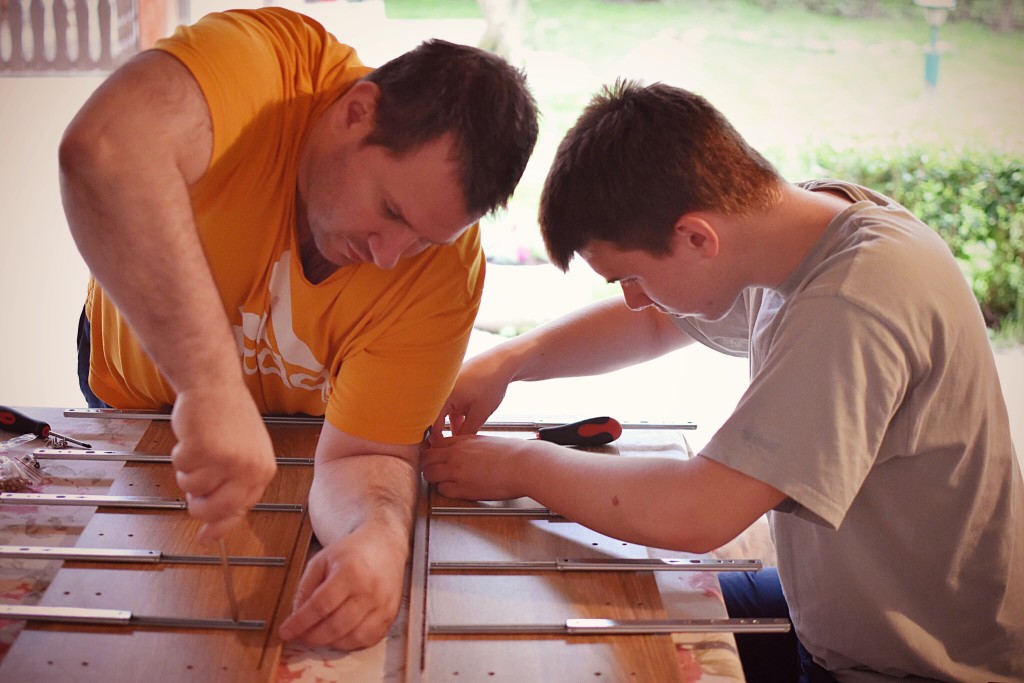
 When adults support development of teens’ executive function skills during the critical years of adolescence, it can have a lifelong impact.
When adults support development of teens’ executive function skills during the critical years of adolescence, it can have a lifelong impact.
 Executive functioning issues don’t go away after high school. They’ll continue to have an impact on your child, whether she’s in college or trade school, on the job or navigating everyday situations. Helping your child learn to manage challenges doesn’t mean you’re letting her off the hook. Your support can help her refine skills as she enters a new phase of life.
Executive functioning issues don’t go away after high school. They’ll continue to have an impact on your child, whether she’s in college or trade school, on the job or navigating everyday situations. Helping your child learn to manage challenges doesn’t mean you’re letting her off the hook. Your support can help her refine skills as she enters a new phase of life. 

